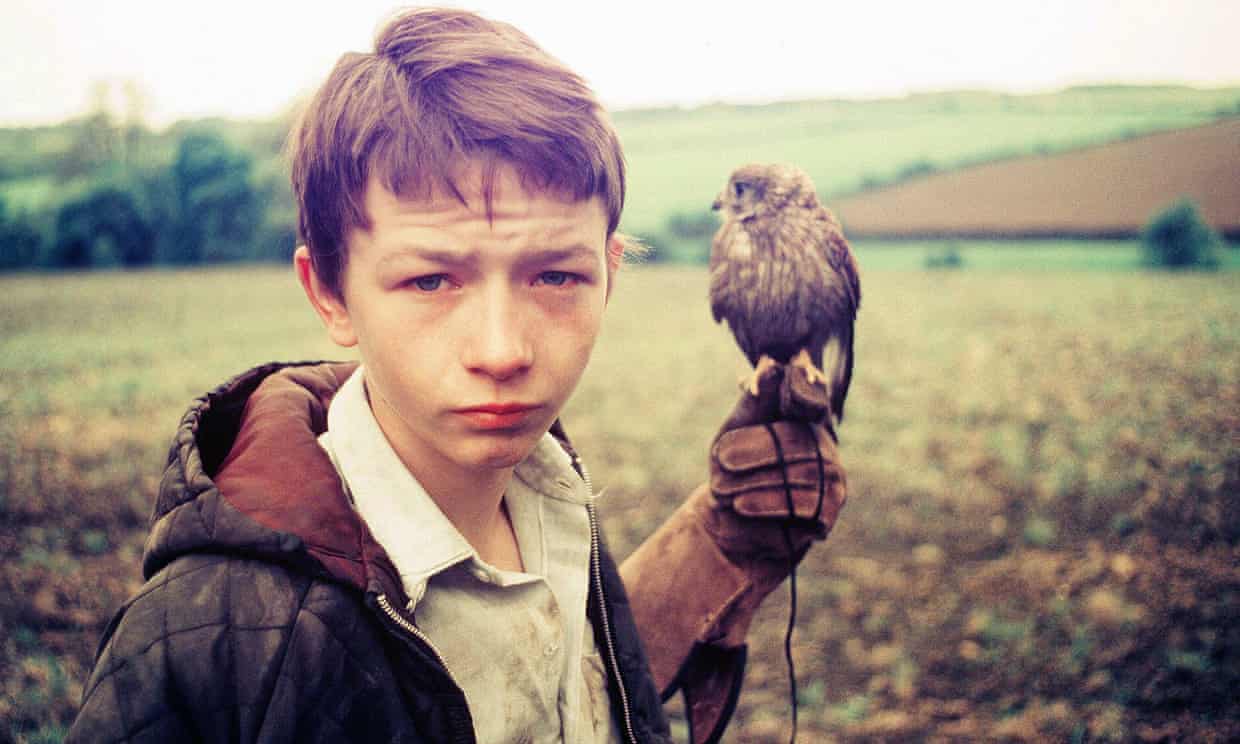Jussie Smollett Talks About Growing Up in a Biracial Home and Pranking His ‘Empire’ CostarsPosted in Articles, Arts, Interviews, Media Archive, United States on 2016-04-10 23:50Z by Steven |
Jussie Smollett Talks About Growing Up in a Biracial Home and Pranking His ‘Empire’ Costars
ABC News
2016-04-08
Angela Williams, Entertainment TV Producer
There is lots of great music, loads of drama and plenty of surprises packed into each episode of Fox’s “Empire.” And much of it is centered around break-out star Jussie Smollett who plays singer/musician Jamal Lyon, son of fictitious music moguls Cookie and Luscious Lyon (played by Taraji P. Henson and Terrance Howard). It’s the role that has thrust Smollett into the spotlight – something he’s still wrapping his head around.
“I was sitting in a restaurant yesterday and I was just in a lunch meeting and then I look and there’s paparazzi out there taking pictures. And I’m like, ‘That’s so weird. It’s not normal,’” Smollett told ABC News. “At first you’re looking around, and you’re like, ‘Is One Direction here? Where’s Michael B. Jordan?’ And then you realize that they’re there for you. And I’m like, ‘There’s gotta be something better to do than follow me around,’” joked Smollett.
Smollett’s character is struggling to gain his father’s approval.
“And because he’s gay, Luscious, played by the great Terrance Howard, is not very supportive,” said Smollett. “He’s not happy. He’s not going on any marches with his son, let’s just say that. He ain’t gone be there.”
A gay, black man living in the world of hip-hop is a role rarely seen on prime-time television. But Smollett said he feels no added pressure on how he portrays the character…
…Smollett’s confidence likely stems from his upbringing. He grew up in a tight-knit family with a diverse background — his mother is African American and his father is Russian-Polish — and he’s one of six siblings.
“We’re a very close family, a functioning family, instead of dysfunctional – unlike the Lyons,” Smollett said. “No one’s ever loved me in spite of who I am. They’ve always loved me because of who I am.”…
Read the entire article here.

